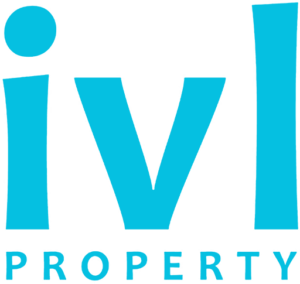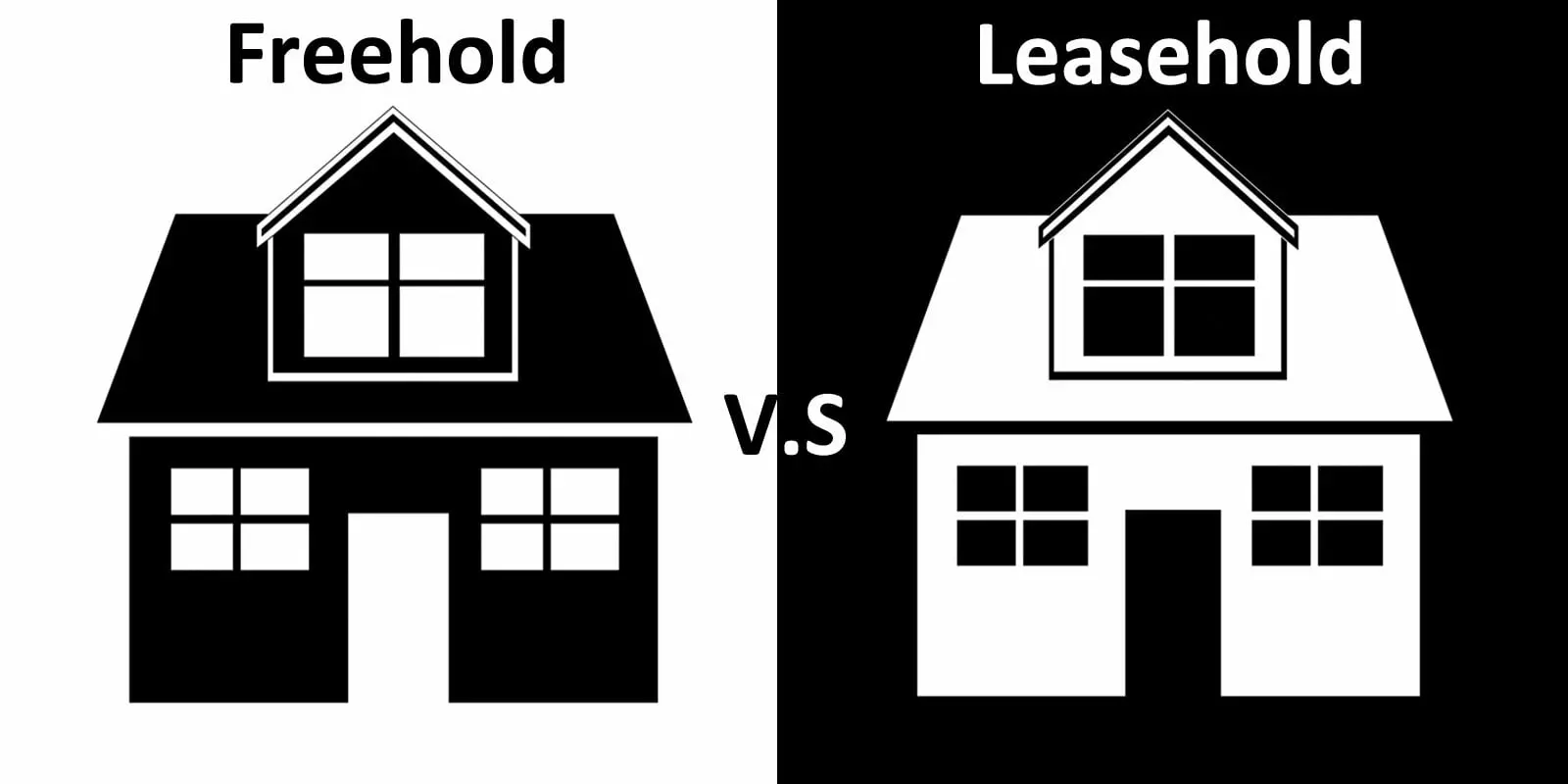Koh Samui Thailand is known as a popular tourist destination for the upscale client. The beaches and natural environment provide countless activities for people from ocean events to hiking and nature walks. The location is close to Koh Phangna, the Ang Thong National Park, and various island nearby for snorkeling, diving, and leisure boating. Thailand as a retirement destination is well known also with low cost of living, easy access to visas for retirees, and modern medical facilities. The biggest decision become whether to purchase freehold or leasehold. According to Section 86 of the Land Code Act, foreigners may acquire land in Thailand if a treaty grants them this right, though limitations apply. The Condominium Act also allows foreigners to own freehold apartments or units in condominium developments or to use land through leasehold tenure.The primary difference between the ownership is simple. Freehold ownership grants the owner full legal rights to the property without restrictions on transfer, modification, or construction. Freehold owners possess both the land and the building. The advantages are the following. Foreigners can acquire condominium units in their own names. Freehold units are ideal for resale. There are no time limits on ownership. Taxes are minimal throughout the property’s life span. Owners will have voting rights in corporate meetings.Leasehold ownership involves owning a property, flat, or unit through lease rights, with the lessor (owner) leasing the property to the lessee (tenant) for a limited time, subject to various restrictions. The client should focus on several factors. First the lease period, the lease has a finite duration between 30 to 90 years, with no guarantee of renewal. Leases under 90years—in Thailand, the common structure is 30-30-30 with renewals. If the lease has less than 30 years, the banks may fear to refinance.Secondly, there will be maintenance costs. Freeholders maintain communal areas, including repairs and infrastructure, and may charge lease holders annual costs like ground rent, maintenance, and related fees.Third, flexibility varies. The freeholder can freely upgrade or change the property while leaseholders may face restrictions and need permission for updates or changes.Fourth, the transfer of the propertyis limited by leaseholders who need to acquire state or relevant authority approval for property transfer while freeholds have full legal rights to sell, gift, or transfer property. The Land Office as of 2024 charges a land transfer fee of 1.1 % while freehold is approximately 6.2%. All transfer fees are split 50/50 between seller and buyer.Fifth, loans are easier to acquire through freehold. This is often not an option for foreigners. Finally, the cost of ownership varies. Leasehold properties are generally cheaper due to the leased land while freehold properties are more expensive due to the price of land

In conclusion, the difference between the two paradigm relies on the client and the intent of the usage of the property. For the investor, the lease offers a cheaper entrance fee with yearly accommodations to maintenance, renewals and fees along with the items previously discussed. The freehold represents a long term; beyond 90 years; alternative to properties to be passed through generations but a higher entry point. The buyer needs to see what works best for them.






